With inflation still squeezing household budgets, the federal government is considering a $2,000 one-time Economic Relief Payment for millions of Americans. The proposed payment—similar to past stimulus checks—would deliver much-needed support directly through the IRS, SSA, and VA payment systems.
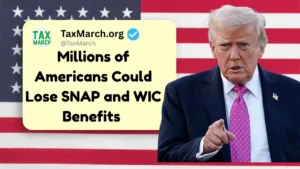
While the program has not yet been formally enacted into law, the timeline, income limits, and implementation mechanics are already under review. If approved, payments could begin hitting accounts by mid-October 2025.
“This proposal is designed to give working families and fixed-income Americans a cushion heading into the winter months,” says Dr. Elaine Roberts, senior economist at the Brookfield Policy Institute.
Also Read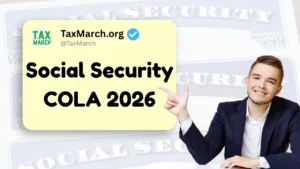 Social Security COLA 2026: 2.7% Raise Coming for Retirees
Social Security COLA 2026: 2.7% Raise Coming for Retirees
The Economic Relief Payment plan aims to provide a single $2,000 payment to help offset inflation, rising food costs, and housing expenses. The payment is structured similarly to earlier stimulus checks, with automatic disbursement based on IRS tax data and federal benefit records.
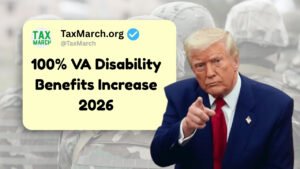
Contents
$2,000 Economic Relief Payment – Overview
| Feature | Details |
|---|---|
| Payment Amount | $2,000 (one-time direct deposit) |
| Eligibility Basis | 2024 tax return or benefit status (SSA, SSI, SSDI, VA) |
| Full Eligibility (Single) | Up to $75,000 annual income |
| Head of Household | Up to $112,500 annual income |
| Married Filing Jointly | Up to $150,000 annual income |
| Phase-Out Limits | Ends near $99,000 (individual) / $198,000 (couple) |
| Benefit Recipients | Automatically included if records are current |
| Payment Dates (Expected) | Oct 15 – Nov 5, 2025 (by method) |
| Agencies Involved | IRS, Social Security Administration (SSA), Veterans Affairs (VA) |
| Tax Status | Non-taxable |
Who Will Get the Payment?
The payment would automatically apply to:
- Individuals earning ≤ $75,000 (AGI based on 2024 returns).
- Heads of household earning ≤ $112,500.
- Married couples earning ≤ $150,000.
- Social Security, SSI, SSDI, and VA beneficiaries, even without tax filings.
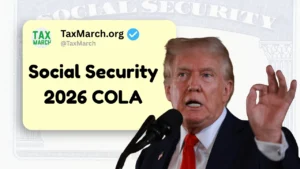
Those with incomes above the thresholds would receive reduced amounts until the cutoff at $99,000 (single) or $198,000 (joint).
“Eligibility mirrors the previous stimulus structure but adds automation for benefit recipients to ensure no one is left behind,” notes Michael Trent, tax policy advisor.
Also Read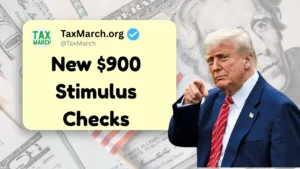 New $900 Stimulus Checks May Arrive in 2025
New $900 Stimulus Checks May Arrive in 2025
Expected Schedule for October 2025
| Group | Estimated Payment Date | Delivery Method | Notes |
|---|---|---|---|
| Tax Filers with Direct Deposit | ~October 15, 2025 | Direct deposit | First wave; IRS auto-issues to valid accounts. |
| Social Security / SSI / SSDI / VA Recipients | ~October 22, 2025 | Same method as regular benefits | Automatic processing via benefit systems. |
| Paper Checks / Debit Cards (Non-Banked) | Oct 28 – Nov 5, 2025 | Mailed | Expect mailing delays; verify current address. |
Recipients should ensure banking details are accurate with the IRS or SSA to avoid rerouting or paper check delays.
$2,000 Economic Relief Payment Insights
| Category | 2025 Economic Relief Payment (Proposed) | 2020–2021 Stimulus Checks (Past) |
|---|---|---|
| Payment Type | One-time direct deposit | Multiple (CARES, ARPA, etc.) |
| Amount | $2,000 per eligible individual | $1,200, $600, $1,400 (varied) |
| Eligibility Basis | 2024 tax return / benefit record | 2019 or 2020 tax return |
| Agency Lead | IRS / SSA / VA | IRS |
| Automatic for Seniors | Yes | Yes |
| Dependents | Possible add-on ($500 each, pending final bill) | Included ($500–$1,400 each) |
Recent Updates as of October 2025
- September 30, 2025: Preliminary discussions on the $2,000 payment finalized in Treasury Committee hearing.
- October 10, 2025: IRS confirmed readiness to distribute direct deposits within five business days of official authorization.
- October 15, 2025: Tentative launch date for the first wave of payments (subject to congressional approval).
- November 5, 2025: Final mailing deadline for paper checks and prepaid debit cards.
Why it Matters?
For millions of seniors, veterans, and low-income families, this payment could help bridge critical budget gaps heading into winter. The relief aims to:
- Reduce short-term poverty risk during seasonal energy and rent spikes.
- Provide liquidity to households facing higher interest rates and living costs.
- Stabilize small businesses as increased spending boosts local demand.
“Even a single $2,000 infusion can mean the difference between falling behind or staying afloat,” says Laura Nguyen, social welfare policy researcher.
What You Can Do Now?
- File your 2024 tax return
- Update your bank details
- Use the Non-Filer Tool
- Watch official announcements
- Beware of scams
FAQs
Is the $2,000 Payment Confirmed?
As of late October 2025, the proposal is pending final legislative approval. Implementation details are being prepared for immediate rollout once authorized.
Do I Need to Apply for this Payment?
The IRS and SSA will process payments automatically based on your 2024 tax or benefit records.
Will Dependents Receive an Additional Amount?
Some drafts propose $500 per dependent, but that portion is not yet finalized.
How will I Know my Payment has been sent?
You can track it through the IRS’s “Get My Payment” feature once distribution begins.
Is the Payment Taxable?
The payment is structured as tax-free relief, similar to prior stimulus checks.
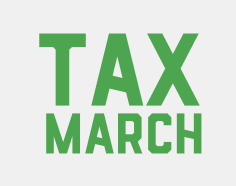
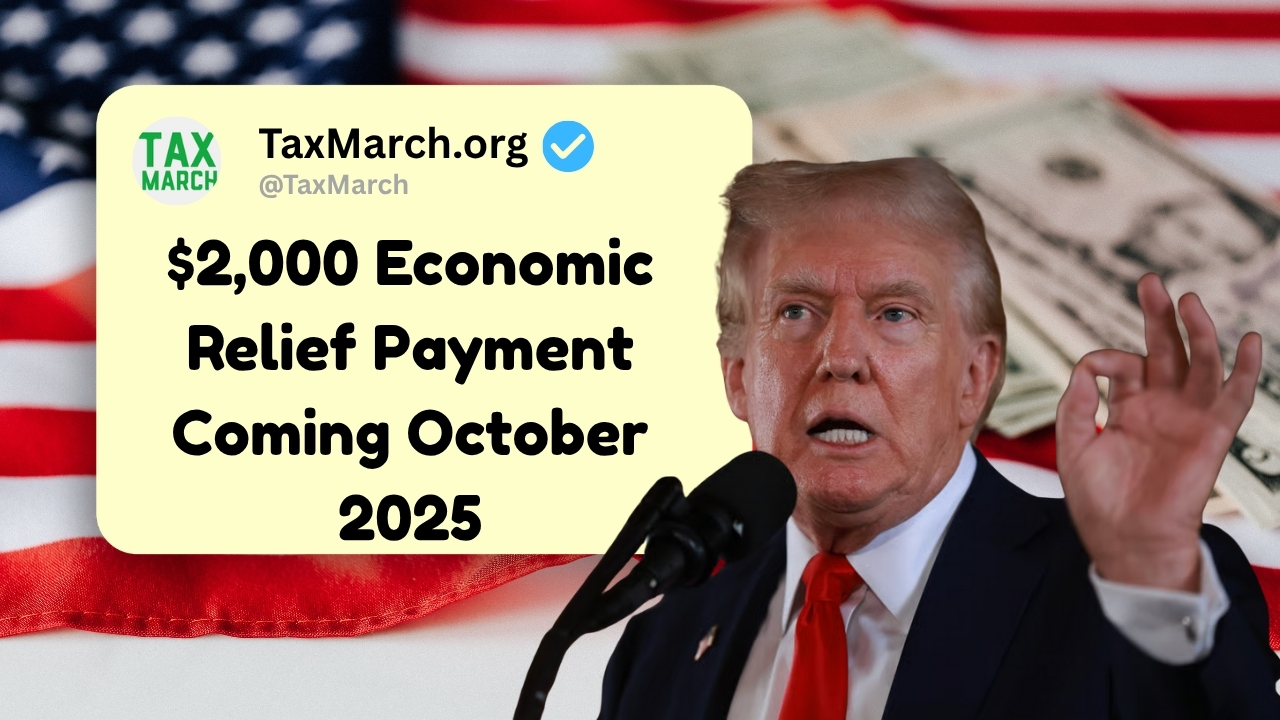
Did the $2,000 Economic Relief Payment go through? If not why. Thank you for your response